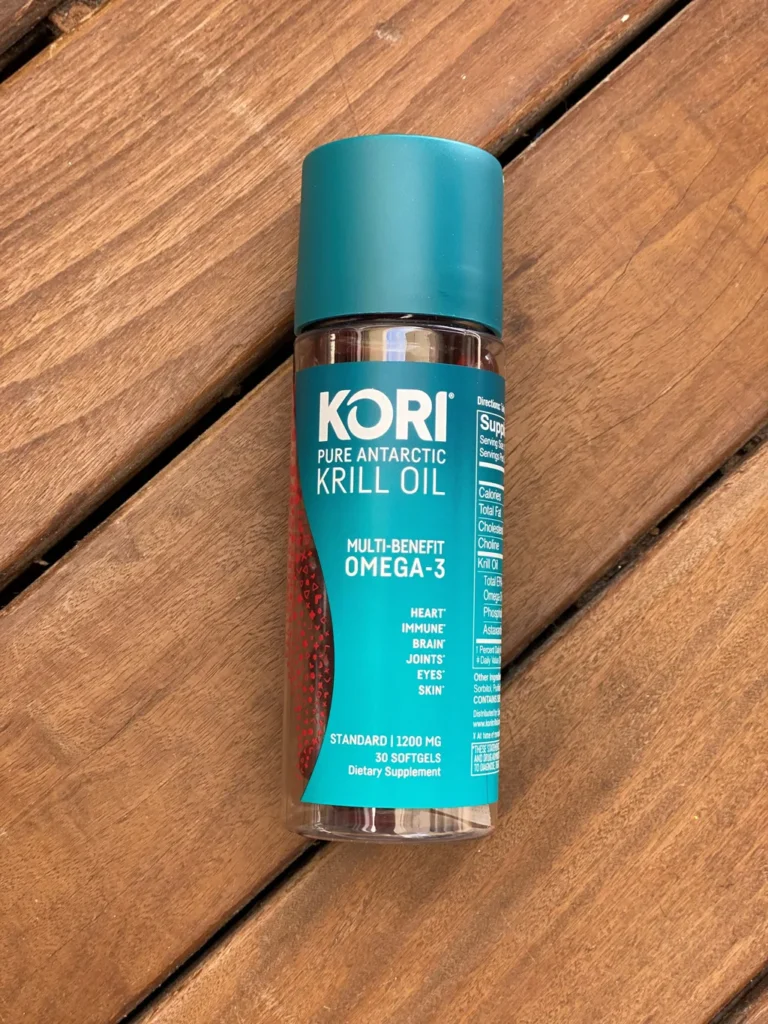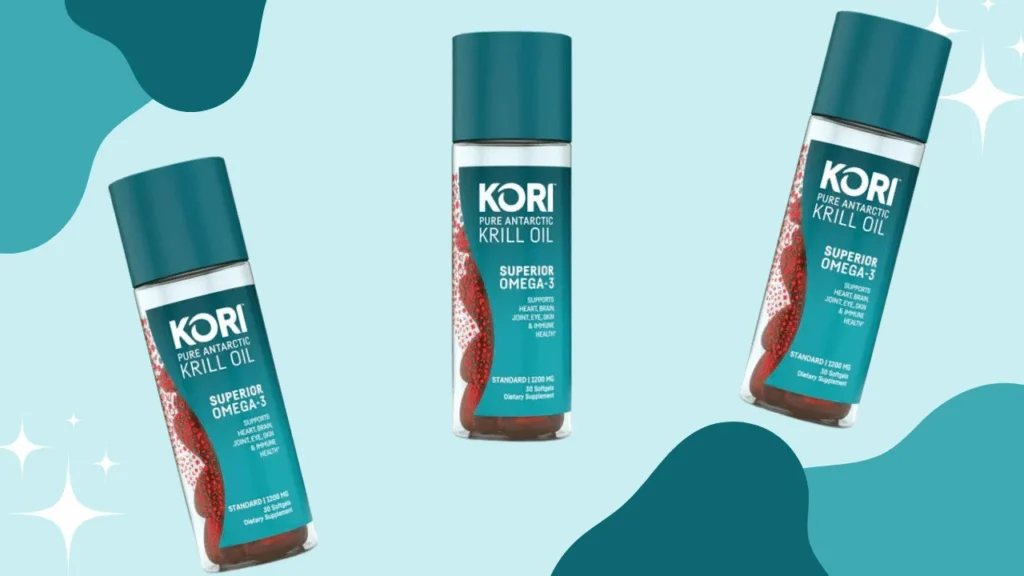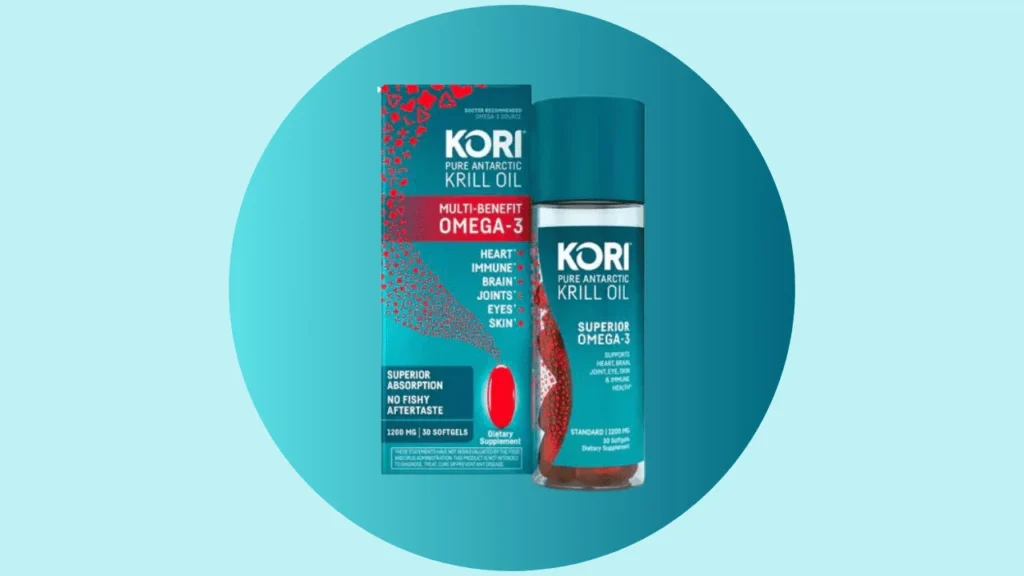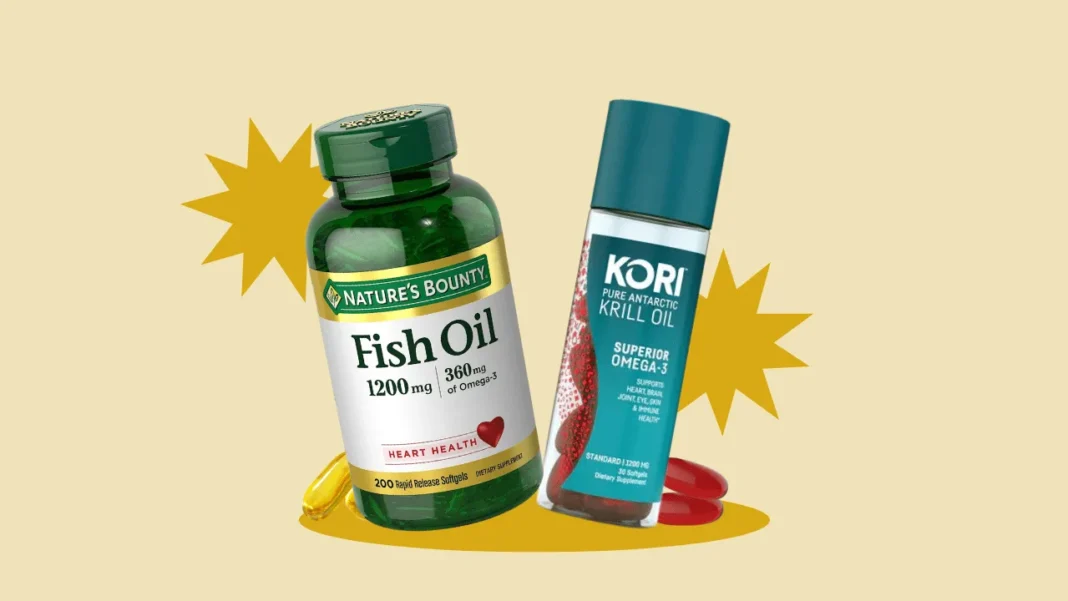Understanding factors contributing to heart health is fundamental in the pursuit of a robust cardiovascular system. The intricate interplay of lifestyle, dietary choices, genetics, and environmental factors collectively influences heart function. While genetic predispositions are beyond your control, it is important to recognize that lifestyle choices such as diet, physical activity, and stress management significantly impact your heart health. As a hub for circulatory function, the heart’s well-being is integral to your overall health.
Diet profoundly influences heart health. Favoring fruits, vegetables, whole grains, and lean proteins fosters positive outcomes, while diets high in saturated fats, trans fats, sodium, and sugar can compromise heart function. Regular moderate-intensity aerobic exercises maintain a healthy weight, regulate blood pressure, and manage cholesterol levels. Stress management is equally crucial, with chronic stress potentially impacting your heart health. Additionally, incorporating heart-supporting supplements like omega-3 fatty acids and coenzyme Q10 may complement a heart-healthy lifestyle. Adopting this holistic approach supports overall heart health.
Routine health check-ups, including monitoring blood pressure, cholesterol levels, and blood sugar, contribute to the proactive management of heart health. Early detection and management of risk factors can prevent the development of cardiovascular diseases. Consulting with a healthcare professional before adding supplements is advisable for personalized guidance.
This heart health overview underscores the multifaceted approach to cardiovascular well-being, involving a heart-healthy diet, regular exercise, stress management, and health check-ups. The article will delve into a comparative analysis of two highly recommended omega-3 supplements, Nature’s Bounty Fish Oil and Kori Krill Oil Softgels, exploring their potential as complements to a heart-healthy lifestyle.
You May Also Like:
KrillMD Antarctic Krill Oil Reviewed: A Deep Dive Into a Leading Omega-3 Supplement
Boost Your Heart Health with the Ultimate Krill Oil: Onnit Krill Oil vs. Kori Krill Oil Softgels
Nature’s Bounty Fish Oil review vs. Kori Krill Oil Softgels review: active ingredients and purity
Exploring the composition of active ingredients and the level of purity in omega-3 supplements is crucial for making an informed choice between Nature’s Bounty Fish Oil and Kori Krill Oil Softgels 1200 mg.
In terms of active ingredients, Nature’s Bounty Fish Oil delivers 1200 mg of fish oil per serving, while Kori Krill Oil Softgels offers an alternative by providing 1200 mg of krill oil per serving. However, what truly matters are the levels of omega-3 EPA and DHA in these oils. While fish oils typically contain higher amounts of these essential fatty acids compared to krill oils, the phospholipids in krill oil make it significantly more bioavailable, resulting in comparable benefits despite the lower EPA and DHA content. This enhanced bioavailability makes krill oil a compelling choice for those seeking omega-3s that can easily be absorbed by the body.
Ensuring the purity of omega-3 supplements is crucial for reaping benefits without exposure to contaminants. Nature’s Bounty Fish Oil undergoes a rigorous purification process, meeting high-quality standards by eliminating impurities. This dedication to purity enhances the safety profile of the product. On the other hand, Kori Krill Oil Softgels excels in purity due to their source – Antarctic krill. As krill is lower on the marine food chain, it is less prone to accumulating toxins like mercury, presenting a naturally pure form of omega-3s. This makes Kori Krill Oil Softgels an appealing option, particularly for those concerned about potential pollutants in fish-derived supplements.
In summary, both Nature’s Bounty Fish Oil and Kori Krill Oil Softgels provide substantial amounts of omega-3s. Nature’s Bounty Fish Oil stands as a well-established choice known for its ingredients and purity. On the other hand, Kori Krill Oil Softgels offers a higher-quality alternative that harnesses the unique advantages provided by the phospholipid structure.
While both Nature’s Bounty Fish Oil and Kori Krill Oil Softgels provide potent doses of omega-3s, the choice may hinge on the emphasis placed on the purity of the supplement. Nature’s Bounty offers a time-tested fish oil option with a thorough purification process. In contrast, Kori Krill Oil Softgels presents a naturally pure alternative sourced from Antarctic krill. The emphasis on natural purity positions Kori Krill Oil Softgels as a superior choice for those seeking a clean, uncontaminated source of omega-3s.

Nature’s Bounty Fish Oil review vs. Kori Krill Oil Softgels review: potency and bioavailability
In the realm of omega-3 supplements, meticulous scrutiny of potency and bioavailability is crucial. Nature’s Bounty Fish Oil, boasting 1200 mg of fish oil per serving, contributes 360 mg of omega-3 fatty acids for cardiovascular health. However, the product does not disclose the amount of EPA and DHA contained in the oil. In contrast, Kori Krill Oil Softgels, offering 1200 mg of krill oil per serving, contributes 250 mg of omega-3 EPA and DPA, along with other nutrients like choline. While the lack of transparency on Nature’s Bounty Fish Oil’s end poses challenges for a direct comparison, it is crucial to note that Kori Krill Oil Softgels stands out for its incorporation of phospholipids, which enhances absorption and efficacy.
Both products, with their heightened potency, cater to individuals seeking impactful supplementation for heart health. Nature’s Bounty Fish Oil, rooted in the proven efficacy of fish oil, and Kori Krill Oil Softgels, harnessing the distinctive properties of krill oil, present users with diverse choices.
However, potency alone does not guarantee effectiveness; bioavailability, the measure of how readily the body absorbs and utilizes nutrients, is equally critical. Nature’s Bounty Fish Oil takes a stride ahead with its rapid-release softgels, ensuring a swift and efficient absorption of omega-3 fatty acids. This expedited assimilation enhances the overall effectiveness of the supplement. On the other hand, Kori Krill Oil Softgels, deriving omega-3s from krill oil, introduces an intriguing facet to the bioavailability discussion. The phospholipid structure of krill oil enhances the absorption of omega-3s, potentially providing a more efficient delivery system compared to traditional fish oil.
When comparing Nature’s Bounty Fish Oil and Kori Krill Oil Softgels in terms of potency and bioavailability, Kori Krill Oil Softgels emerges as the superior product in the omega-3 supplement landscape due to its enhanced bioavailability that potentially aids the body in absorbing the nutrients more readily.

Nature’s Bounty Fish Oil review vs. Kori Krill Oil Softgels review: sustainable sourcing practices
As consumers become increasingly conscientious about the environmental impact of their choices, sustainable sourcing practices are a crucial aspect to consider when comparing Nature’s Bounty Fish Oil and Kori Krill Oil Softgels.
Nature’s Bounty Fish Oil is committed to responsible sourcing practices, ensuring the long-term health of fish populations. The company emphasizes sustainable fishing methods that help maintain the delicate balance of marine ecosystems. By adhering to stringent standards, Nature’s Bounty aims to contribute to the preservation of ocean biodiversity while providing a reliable source of omega-3 fatty acids.
Kori Krill Oil Softgels distinguishes itself as an environmentally conscious choice. Generally, catch quotas for krill are established at much lower levels compared to those for traditional fishing, naturally making the former more sustainable. Kori Krill Oil further emphasizes sustainable harvesting practices to ensure the continued health of krill populations in the pristine Antarctic waters. In fact, its supplier is the only fishery in the world that has earned an “A” rating for seven years running.
In terms of sustainable sourcing, both Nature’s Bounty Fish Oil and Kori Krill Oil Softgels are aligned with environmental responsibility. Nature’s Bounty focuses on responsible fishing practices to maintain fish populations, while Kori Krill Oil Softgels takes advantage of the ecological benefits of harvesting krill lower on the food chain.
In the context of increasing emphasis on sustainability in consumer choices, the commitment of both products to responsible sourcing practices highlights their dedication to environmental stewardship. However, when evaluating omega-3 supplements, the recognized sustainable sourcing practices of Kori Krill Oil surpass those of Nature’s Bounty, ensuring that users make a choice that significantly and positively impacts marine ecosystems.

Nature’s Bounty Fish Oil review vs. Kori Krill Oil Softgels review: pricing and returns
When considering omega-3 supplements, pricing and return policies are pivotal factors influencing the decision-making process, shedding light on economic feasibility and consumer-friendly aspects of Nature’s Bounty Fish Oil and Kori Krill Oil Softgels.
Nature’s Bounty Fish Oil, featuring 200 rapid-release softgels per container, presents an economically advantageous option. The larger quantity per purchase potentially lowers the cost per unit, offering a budget-friendly choice for users seeking cost-effective omega-3 supplementation. The brand’s competitive pricing strategy positions it favorably in the market, ensuring affordability without compromising quality.
In contrast, Kori Krill Oil Softgels, offering 30 softgels per container, is priced slightly higher per unit. However, it’s crucial to consider that these softgels boast greater bioavailability and contain other nutrients like choline. The lower pill count per bottle may also suit users preferring a trial or shorter-term supply, aligning with specific consumption needs.
Beyond pricing, return policies are also significant considerations for consumers. Nature’s Bounty stands behind its product quality, providing a customer-friendly return policy that adds a layer of assurance for users in case of dissatisfaction or unforeseen issues. Customer reviews often underscore the brand’s commitment to ensuring customer satisfaction through its return policies.
Similarly, positive reviews from satisfied users underscore the efficacy and appeal of Kori Krill Oil Softgels. While potentially higher in cost per unit, the product’s smaller container size may suit users with specific preferences or consumption patterns. The brand’s commitment to customer satisfaction is evident in its return policy, ensuring users are content with their purchase. These positive testimonials contribute to the growing reputation of Kori Krill Oil Softgels as a well-regarded choice among consumers.
In scrutinizing pricing and return policies, Nature’s Bounty Fish Oil asserts itself as a more affordable choice by offering a larger quantity at a more economical price. Having said that, Kori Krill Oil Softgels, while priced higher, boasts enhanced bioavailability and contains other nutrients like choline, potentially translating to offering more benefits per pill.
Nature’s Bounty Fish Oil review vs. Kori Krill Oil Softgels review: overall value
In the assessment of Nature’s Bounty Fish Oil and Kori Krill Oil Softgels for omega-3 supplementation, considering elements like cost-effectiveness, efficacy, and unique advantages is pivotal for a comprehensive understanding of their overall value.
Nature’s Bounty Fish Oil, featuring 200 rapid-release softgels per container, offers an economically advantageous solution. This larger quantity not only potentially reduces the cost per unit but also extends the duration of supply, presenting a sustainable and cost-effective choice for continuous omega-3 support. The brand’s competitive pricing strategy underscores its commitment to affordability without compromising quality.
On the flip side, Kori Krill Oil Softgels, with 30 softgels per container, may seem to have a higher initial cost per unit. However, this is counterbalanced by the enhanced bioavailability and additional nutrients offered by each softgel. The smaller count per bottle also caters to users with specific preferences for a shorter-term supply.
Despite the potentially higher initial cost, Kori Krill Oil Softgels stands out as a superior choice for discerning users. It surpasses Nature’s Bounty Fish Oil by prioritizing quality over quantity, excelling in environmentally friendly sustainability practices, and maintaining the utmost purity in its ingredients. For those seeking optimal benefits and a commitment to both personal health and ecological well-being, Kori Krill Oil Softgels emerges as the superior option in the omega-3 supplement landscape.

Nature’s Bounty Fish Oil review vs. Kori Krill Oil Softgels review: final verdict
In the expansive realm of heart health, the significance of omega-3 fatty acids, prevalent in sources like fish and krill oil, cannot be overstated. Throughout this comprehensive exploration of omega-3 supplementation, our focus has been to provide valuable insights into the crucial factors that guide decision-making.
The importance of heart health transcends mere physicality; it is a linchpin for overall well-being, influencing daily activities and the pursuit of a fulfilling life. Recognizing its broader implications, we delve into the vital role that healthy lifestyle choices play in nurturing cardiovascular wellness.
Dietary choices emerge as pivotal influencers of heart health. A diet rich in fruits, vegetables, whole grains, and lean proteins is associated with positive cardiovascular outcomes. Conversely, diets high in saturated fats, trans fats, sodium, and excessive sugar contribute to conditions compromising heart function, such as high cholesterol, hypertension, and obesity.
Omega-3 supplements, notably found in fish and krill oil, offer a potent means to support heart health. The focus shifts to potency and bioavailability, pivotal considerations that determine how effectively the body absorbs and utilizes these essential fatty acids. Distinct formulations and sourcing practices cater to diverse needs and preferences, allowing users to tailor their supplementation approach.
Nonetheless, it is important to note that health supplements are not FDA-approved; they cannot diagnose, treat, or cure any disease or health condition. Supplements should be used only as an adjunct to conventional treatment under the supervision of a healthcare professional.
High-quality omega-3 supplements, when used in conjunction with a healthy lifestyle, may contribute significantly to maintaining heart health. The potency, purity, and sustainability of these supplements align with the broader commitment to cardiovascular wellness. As conscientious consumers increasingly prioritize sustainability, considering these aspects becomes integral to the decision-making process.
Beyond supplement choices, maintaining a heart-healthy lifestyle remains pivotal. Balanced nutrition, regular exercise, and consultation with healthcare professionals collectively contribute to optimal cardiovascular well-being.

Further Reading:
Dovepress. Comparison of bioavailability of krill oil versus fish oil and health effect
International Journal of Molecular Sciences. Marine Omega-3 Phospholipids: Metabolism and Biological Activities
Lipids in Health and Disease. Fish oil and krill oil differentially modify the liver and brain lipidome when fed to mice
Nutrition Reviews. Lipid-modifying effects of krill oil vs fish oil: a network meta-analysis
Important Note: The information contained in this article is for general informational purposes only, and should not be construed as health or medical advice, nor is it intended to diagnose, prevent, treat, or cure any disease or health condition. Before embarking on any diet, fitness regimen, or program of nutritional supplementation, it is advisable to consult your healthcare professional in order to determine its safety and probable efficacy in terms of your individual state of health.
Regarding Nutritional Supplements Or Other Non-Prescription Health Products: If any nutritional supplements or other non-prescription health products are mentioned in the foregoing article, any claims or statements made about them have not been evaluated by the U.S. Food and Drug Administration, and such nutritional supplements or other health products are not intended to diagnose, treat, cure, or prevent any disease.



